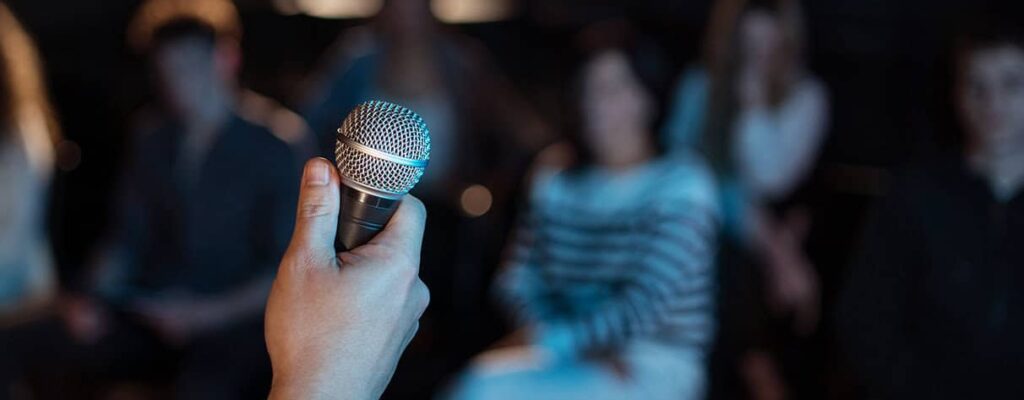
When planning an event, it’s important to understand the roles of different entertainers to ensure a seamless experience. Two key figures that often appear at events are DJs and MCs. While both are essential to creating an engaging atmosphere, their roles and functions are distinct. Here’s a breakdown of what makes a DJ different from an MC at events.
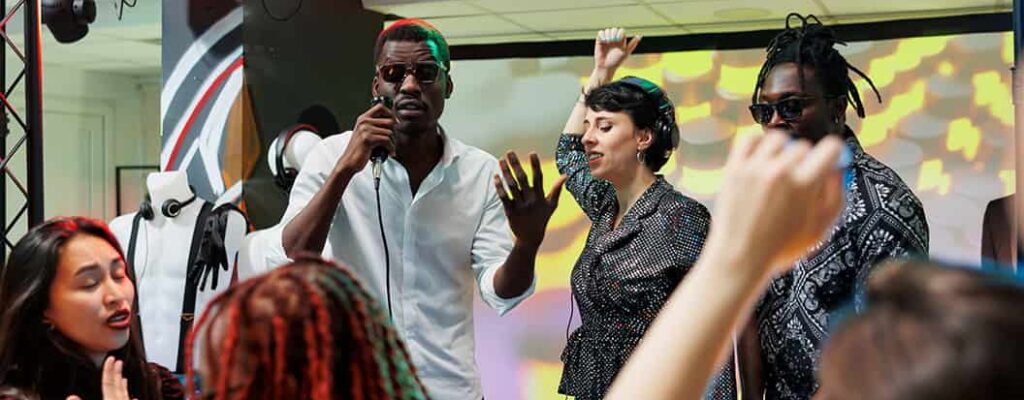
1. Primary Role
A DJ’s primary role is to provide the music. They are responsible for selecting, mixing, and playing songs that fit the mood and flow of the event. DJs often use turntables, mixers, and digital tools to keep the music flowing seamlessly throughout the evening. In contrast, an MC, or Master of Ceremonies, primarily serves as the host of the event. They guide the schedule, announce key moments, and interact with the crowd to keep the event running smoothly.
2. Interaction with Guests
While a DJ can interact with the crowd through their music, they usually focus more on the performance aspect. DJs may drop in some shout-outs or hype the crowd during breaks, but they don’t typically engage in detailed conversation. On the other hand, an MC is a master of crowd interaction. They are the ones who welcome guests, introduce speakers or performers, and keep the energy up by engaging in conversations or making announcements.

3. Focus on Music vs. Ceremony
DJs focus on curating and playing music that matches the atmosphere of the event. They read the room and adjust the playlist based on the crowd’s energy, ensuring a consistent flow of tunes. Meanwhile, MCs focus on the structure and flow of the event itself. They’re in charge of keeping the program on schedule, ensuring that speeches, presentations, or performances occur at the right time.
4. Role in Set Up and Sound Design
DJs are often involved in the technical setup of sound systems, mixers, and sometimes even lighting to ensure that the audio experience is flawless. They may also adjust the sound throughout the event to meet the acoustics of the venue. In contrast, MCs typically have little to do with the technical setup. Their responsibility lies in ensuring that the event’s flow is managed with the help of the DJ and other event coordinators.
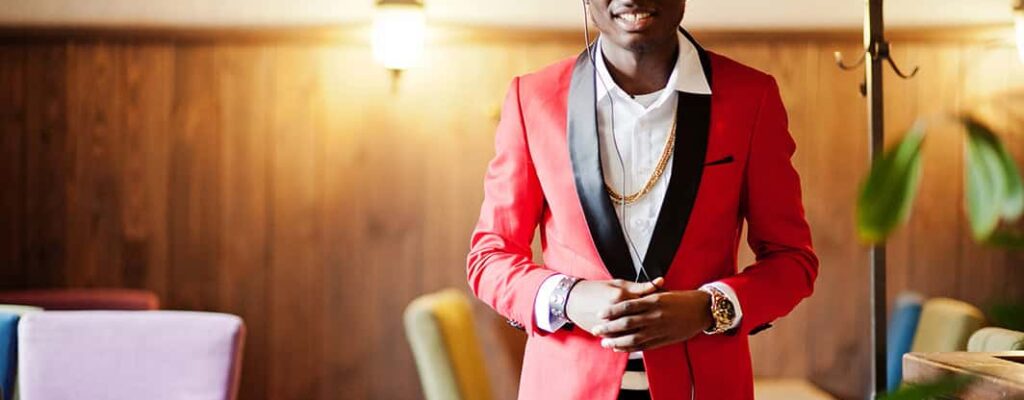
5. Responsibility for Event Transitions
DJs play a huge role in transitions between different parts of an event, such as moving from dinner music to dance music or transitioning between different activities. Their music choices guide the crowd from one vibe to another. The MC, however, plays a crucial role in making announcements during transitions, whether that’s inviting people to the dance floor, announcing awards, or guiding the flow between speeches and performances.
6. Personality and Public Speaking
An MC’s strength lies in their public speaking ability. They must be comfortable speaking in front of large groups, holding attention, and even making impromptu remarks. They might be required to entertain with jokes, tell stories, or keep the mood light. DJs, on the other hand, may have a public persona, but they generally let the music speak for itself, with limited verbal interaction unless it’s necessary to hype the crowd.
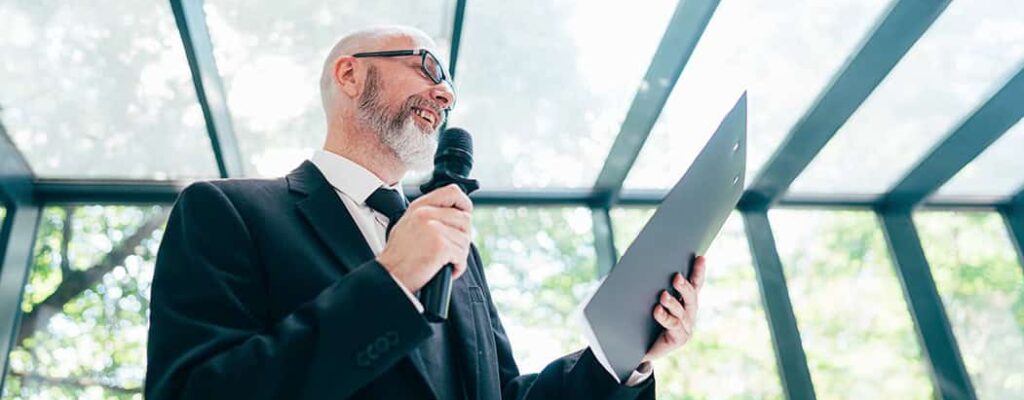
7. Event Atmosphere Control
While both the DJ and the MC contribute to the event’s overall atmosphere, the DJ mainly controls the energy through music. By reading the crowd and adjusting their set accordingly, they control the ebb and flow of excitement. The MC, however, controls the event’s vibe in terms of formalities, tone, and pacing. They ensure that the event doesn’t lose momentum, keep guests informed about what’s coming next, and add to the excitement with their presence and announcements.
8. Flexibility and Adaptability
DJs and MCs both need to be adaptable, but in different ways. DJs need to be flexible in terms of musical style and reading the room, adjusting the tempo, or switching genres to suit the crowd. The MC, meanwhile, needs to be adaptable in terms of managing unexpected situations, whether it’s a sudden schedule change, a surprise guest, or adjusting their tone based on the vibe of the event.
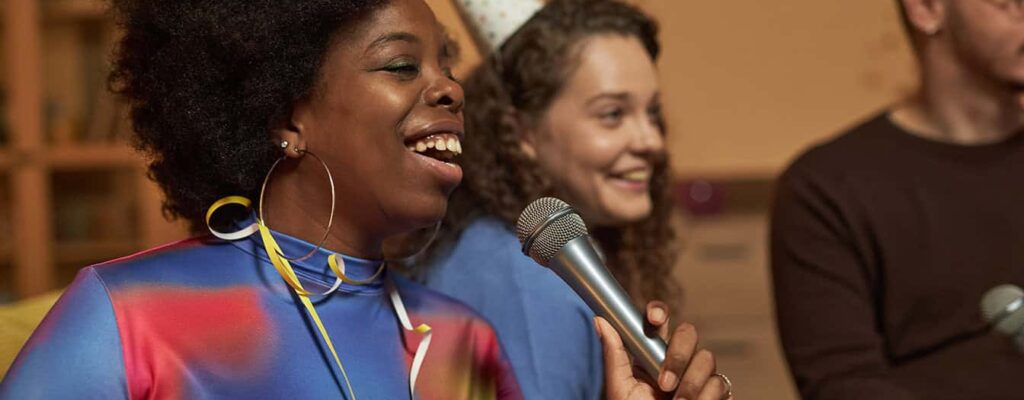
While a DJ and an MC both play pivotal roles in making an event a success, their functions differ significantly. A DJ focuses on the music and the flow of sound, while an MC serves as the guiding force of the event, interacting with guests and managing the schedule. Understanding the difference between these two roles can help you choose the right entertainers for your event, ensuring a memorable experience for all involved.